
Many of our students who are also pastors occasionally write to us and ask specific questions. I am at this time gathering many of them, which I am putting together as a book, titled: PLEASE, I HAVE A QUESTION. Please find below an excerpt.
First Question:
“Good Afternoon Sir. With inspiration from the fourth pillar -Obedience, in “SEVEN PILLARS FOR LIFE AND KINGDOM PROSPERITY. God use to speak to me so often when I was a young convert even when I did not care much about it. But the moment I started being curious and desiring to hear more from him, visions became so rear to me. What might have been the problem please?”
“I [don’t] want to over simplify this here, but I do want you to know that only a religious spirit wants you to keep striving for God’s presence, when you already have it! A religious spirit wants you always tangled up in religious rituals, methods and systems – so that you’re always striving to come to God. But the veil was torn in two. There’s no obstacle anymore…” (book mentioned above).
Answer: Your questions are profound and I’m encouraged by your hunger for more of God. Let’s start. If you refer back to the book you are quoting from above, the successive paragraphs answer your question for you! Excerpt as follows: (Chapter 7 “Fearless Willingness”).
Every Single Day!
“This has long been my simple philosophy and as a result, I experience the presence of God every single day of my life. It’s really not that difficult. God went to great lengths to make a way when there was none in order to reconcile us, through the finished work of the cross. So why then would He continue to make this hard for us, when He longs to be with us? So finally this stillness that we both want and need is only achievable with the help of the Holy Spirit.
But let’s not forget that sin, which is disobedience, brings separation between God and us. However 1 John 1:9 tells us that, ‘If we confess our sins, he is faithful and just to forgive us our sins…’ (NKJV)
So we must not hesitate to surrender our sins/burdens to God, so that we can enjoy an unfettered relationship with Him. After all, He desires unhindered proximity, more than we do! ‘Draw near to God and He will draw near to you’ (James 4:8 NKJV).”
This means we must not hesitate to surrender our sins and burdens, so we can experience unhindered intimacy with Him. As it says above, God desires closeness with us more than we do. “Draw near to God and He will draw near to you” (Jam 4:8 NKJV). But we don’t need to strive or beg. The Holy Spirit lives within us (Acts 2:33; Joel 2:28-29; Deut 30:14). We are not inconveniencing God when we seek Him—He is closer than breath. And we are not called to religious rituals but to royal relationship.
Many Christians suffer from spiritual identity crises simply because they lack intimacy with the Father. But “in His presence is fullness of joy” (Ps 16:11), and “the joy of the Lord is our strength” (Neh 8:10). As we wait on Him, a divine exchange takes place—His strength for our weakness. “Those who wait on the Lord shall renew their strength…” (Isa 40:31).
In reference to your earlier days—as you mentioned above—the difference between a new convert and a disciple is spiritual maturity and the commitment to an ongoing lifestyle of surrender. At the beginning, God lavishes grace—like a toddler learning to walk, (many believers experience this shift from initial grace to intentional maturity). But soon after, pruning begins. Jesus, is the True Vine of John chapter 15. We are the branches, and the Father continually prunes us, so that we grow in character and fruitfulness.
At salvation, our spirit is instantly regenerated, but our soul is being saved. Sanctification is a lifelong process. “Sons of God are led by the Spirit of God” (Rom 8:14), and our Father lovingly corrects those He loves.
If we feel distant from God, it could be due to unconfessed sin, lack of surrender, or spiritual regression. Distance from God is always perceivable, like withdrawing from the warmth of the sun, only to feel instantly cold! And the Holy Spirit convicts—not condemns (Rom 8:1-2). If we’re sensitive, we can hear His whisper—“a still small voice” (1 Kings 19:11-12). But this requires us to “cultivate a hearing ear” (Rev 2:7).
Religion has no relationship. It is cold, rigid, and duty-driven. “The letter kills, but the Spirit gives life” (2 Cor 3:6). The Spirit brings order, not chaos (1 Cor 14:33), but it also brings freedom and spontaneity—like the wind (John 3:8).
When much is given, much is required. Now, we must “renew our minds” daily (Rom 12:2), and embrace the joy and privilege of self-denial and surrender (opposed to striving). The edict to, “take up your cross daily…” is no sacrifice when you know who you are in Christ—it’s a joy. “Again, I say rejoice!” (Phil 4:4; Ps 37:4).
Second Question:
“Secondly, is Christianity a religion or not and which source can I use to justify any of the claims, please?”
Answer: Christianity is not a religion in the traditional sense of ritual, orthodoxy, or state systems. It is a reconciled relationship of royal sonship (Rom 8:15), a covenant of love and obedience (Isa 1:19). And your ultimate source? The Bible.
Jesus constantly clashed with the religious establishment—the Pharisees and Sadducees. They taught the law but lacked the Spirit. Jesus called them vipers and blind guides (Matt 23). Their jealousy led to His crucifixion, and that same spirit of religion is active even today—inside the church.
Religion offers form without power—a counterfeit of the Kingdom. It imitates truth but is lifeless. “The spirit of religion is jealous of Christ.” It’s anti-Christ in nature, resisting God’s Spirit in every move. Christianity, by contrast, is transformational, relational, and Spirit-filled.
Even cultural ideologies—like wokeism or certain climate agendas—can become forms of religion when people give themselves over to belief systems that exclude God. Idolatry is anything that replaces God.
Simply put, a religious spirit masquerades as godly but lacks the Holy Spirit (Gal 5:22). It’s angry, critical, and performative, unlike the Spirit of love, joy, and peace etc.
We are in a battle—not against flesh and blood, but against spiritual forces (Eph 6:12). Yet, “the gates of hell will not prevail against the Church” (Matt 16:18). We, like Nehemiah, must build with one hand and fight with the other.
To crave deeper experiences with God, we must pay the price of surrender—just as Jesus did in Gethsemane. “Submit to God, resist the devil…” (Jam 4:7). Authority in the Spirit comes through submission to God (alignment with legitimate authority).
Third Question:
“Thirdly, when somebody is born again, is the Adamic nature (sinful nature) completely eradicated from him or not?”
Answer: This is an essential theological point. At new birth, our spirit is instantly regenerated, but our soul (mind, will, emotions) enters into a process of transformation (Rom 12:2).
2 Corinthians 5:17 (TPT) explains this regeneration beautifully: “If anyone is enfolded into Christ, he has become an entirely new person… all that related to the old order has vanished… everything is fresh and new.” But the sinful nature isn’t entirely eradicated. Instead, we are empowered by the Spirit to “put off the old self” and “put on the new” (Eph 4:22-25).
A.W. Tozer wrote: “We are called not to reform the flesh—but to crucify it.” “The cross is not about self-improvement—it is about self-death.”
Bill Johnson, in his book Hosting the Presence, warns: “When self is off the throne, the Kingdom flows through you.” In other words, we don’t carry religion—we carry a Person: the Holy Spirit.
Charles Spurgeon would often say: “There are no crown-wearers in heaven who were not cross-bearers here below.”
Andrew Murray, in his books Absolute Surrender and Humility, wrote: “God waits until we come to the end of ourselves.” “True spiritual life comes from dying to self so that Christ may live through us.”
Therefore dying to self, is not about works, legalism, mysticism, or cultish asceticism. Rather it is about a daily lifestyle of surrender, rooted in the living relationship we have through the indwelling Christ (Col 1:27). We must live in holiness, empowered by grace—not self-effort (Phil 4:8; Col 3:9-10).
2 Corinthians 3:18 reminds us that sanctification is a valid ongoing process. “We are being transfigured into His very image…” (NIV). This is the Greek verb metamorphoō and is the same word used for Jesus’ transfiguration on the mount (Matt 17:2; Mark 9:2) and for our transfiguration through renewing of the thoughts of our minds. BOTH the body (Rom 12:1) and the mind (Rom 12:2) must be yielded. This renewal comes through prayer (Phil 4:6) and the Word (Ps 119:1).
This transformation is real, both spiritually and physically progressive, and a life-long process of cooperation with the Holy Spirit. Certainly not reduced to the status of a meagre religion—but a kingdom reality. (A reconciliation between God and His sons and daughters, who are heirs, not just adherents of dead man-made religious systems).
Final Thoughts:
I close with a personal favourite of mine: “He who sows to the flesh reaps corruption, but he who sows to the Spirit reaps eternal life” (Gal 6:8). Never forget that all flesh is corrupt without Christ and is in perpetual conflict with God’s Spirit (Gal 5:17). Continually laying down our lives before God, is the only way to serve with inner and lasting peace! In other words, much of the personal warfare we experience—as individuals—is dealt with once we commit to staying surrendered. And, of this particular subject, Kathryn Kuhlman is often quoted as saying, “God is not looking for golden vessels or silver vessels, but empty vessels.”
So, as your questions were deep and complex, they deserved rich, layered answers. I trust this brings clarity and encouragement. We are here for your development and growth—keep asking, seeking, and drawing near. You’re on a rich, Spirit-led journey.
Dr Alan Pateman–Senior Apostle
NOTE: Don’t forget, Dr Alan’s books are available as Paperbacks, Hardcovers, or eBooks on all Amazon markets, the iBookStore, NookStore, Lulu, and other retail outlets.


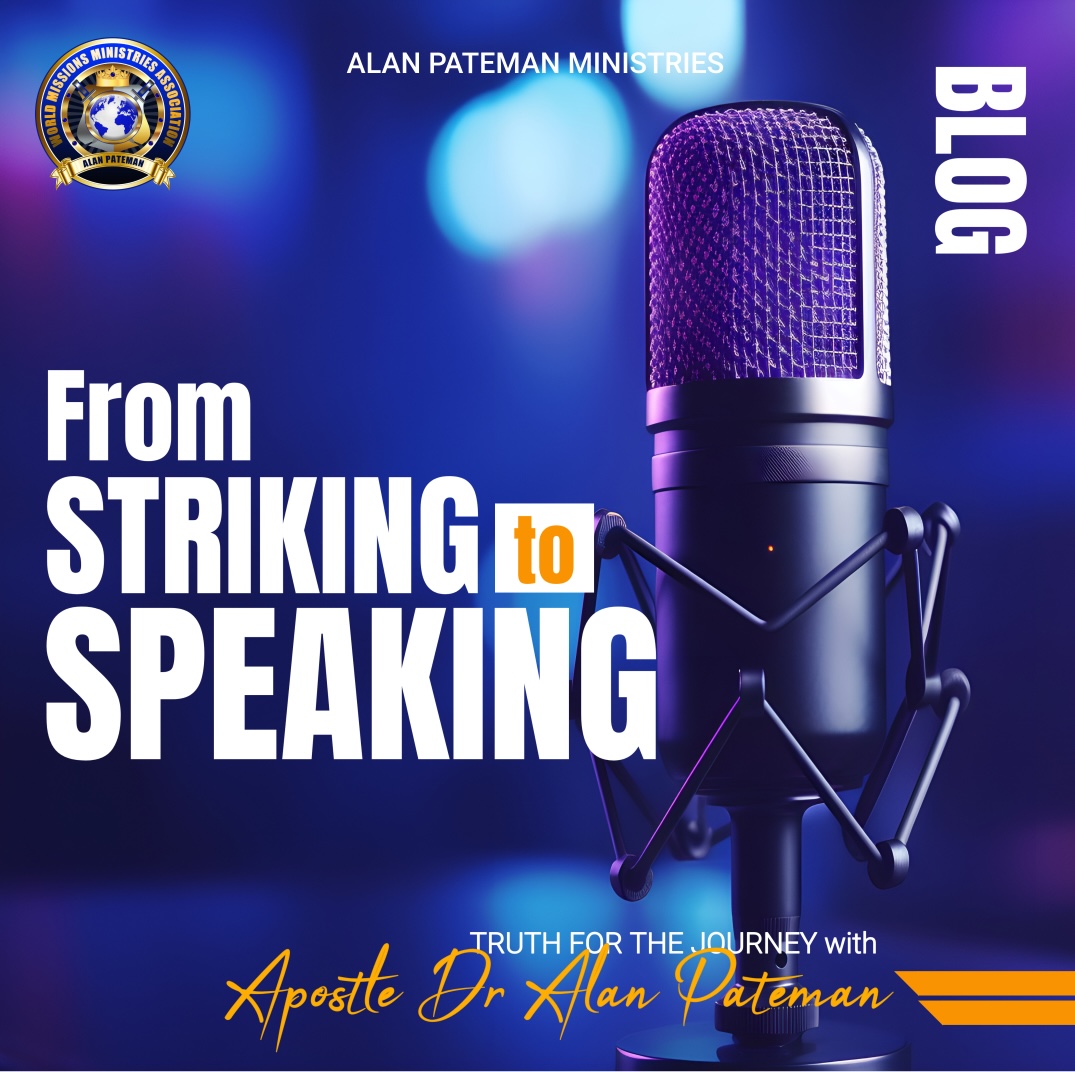
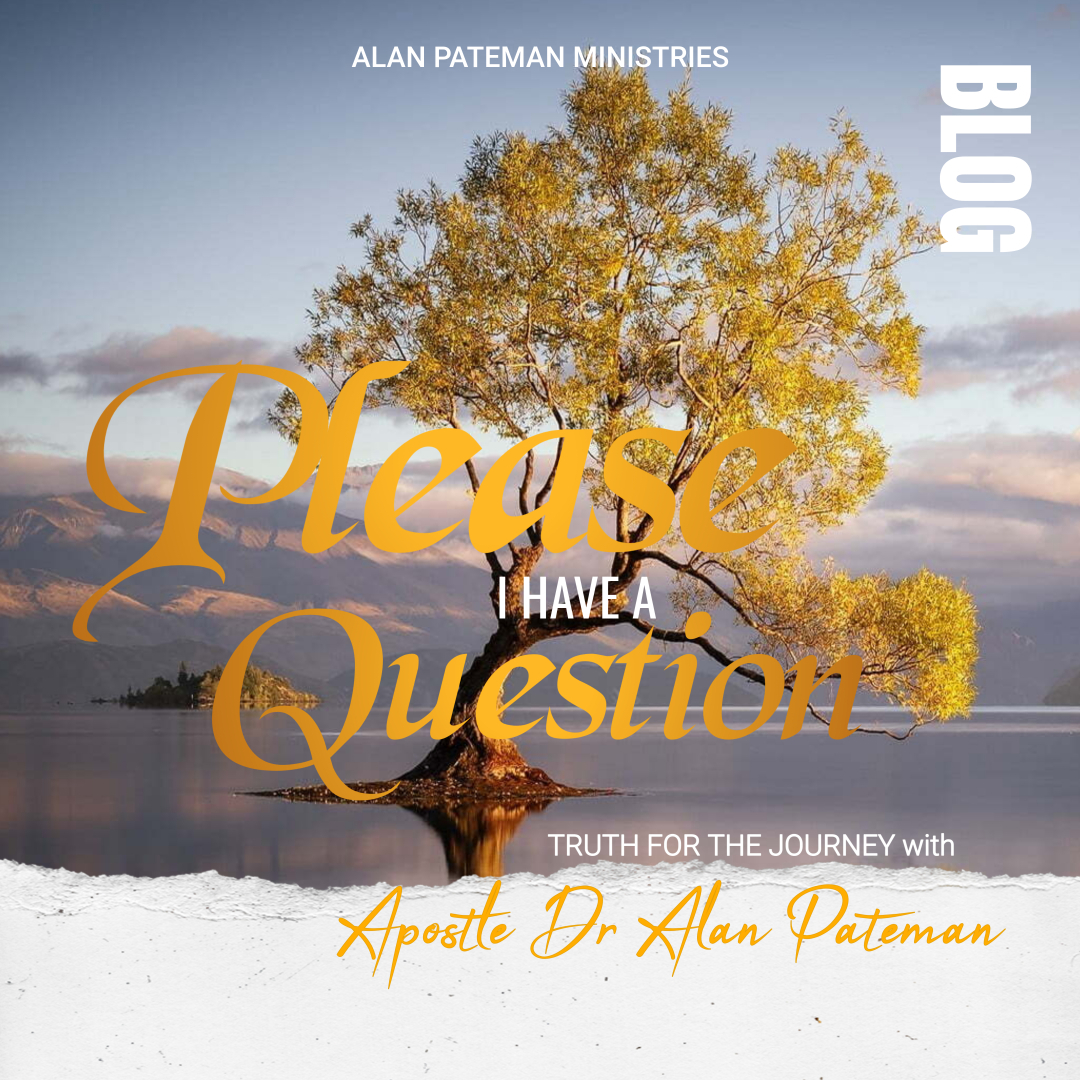
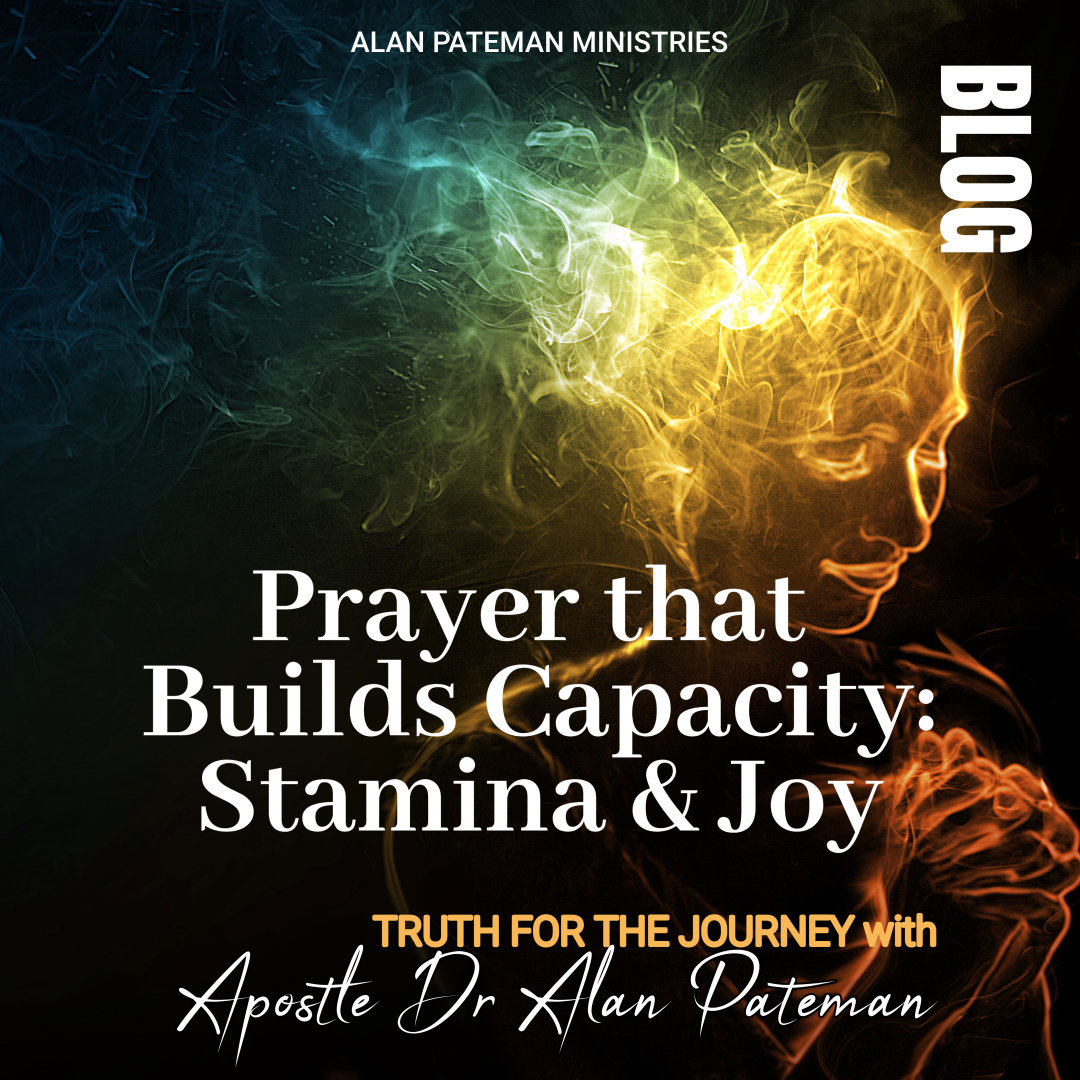
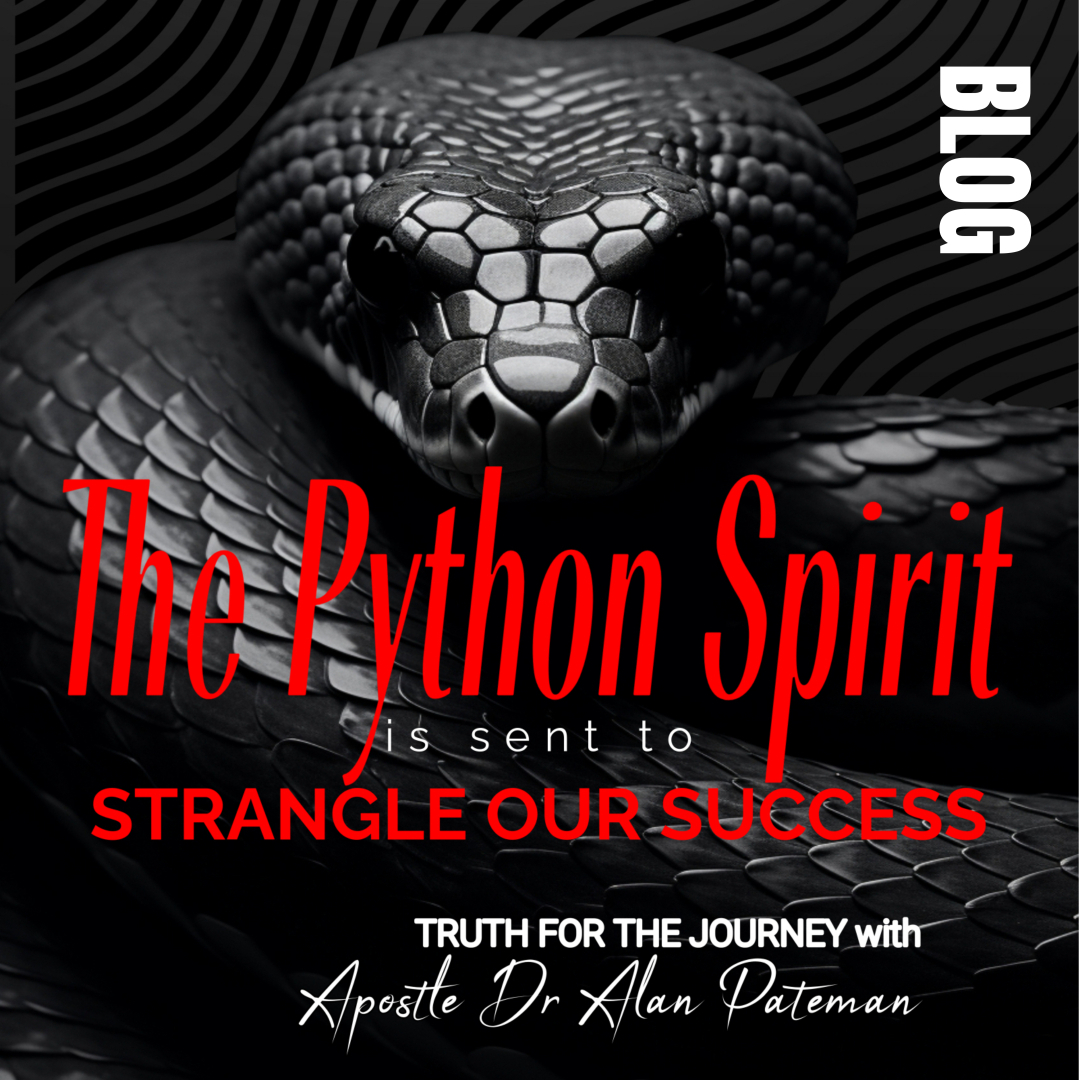
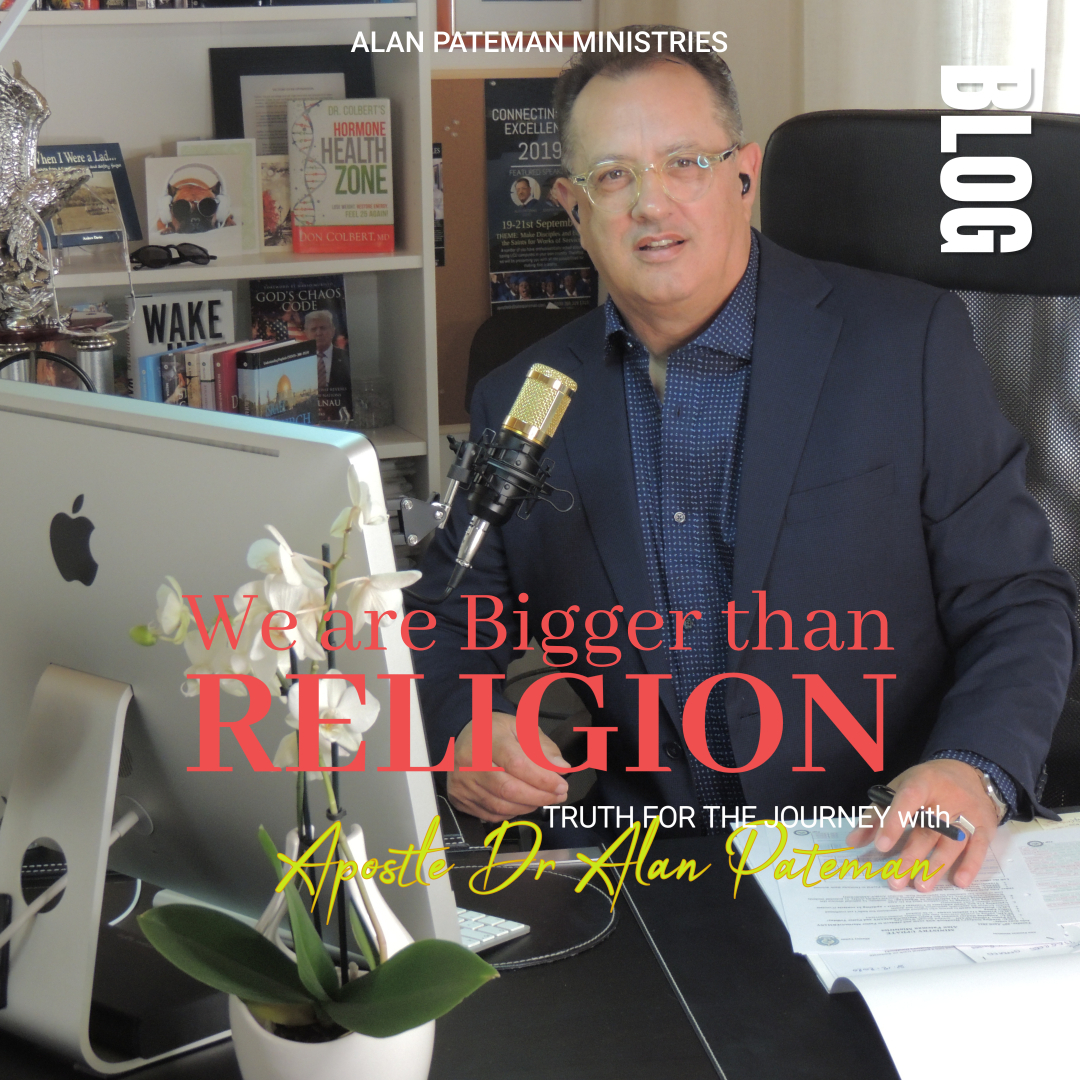


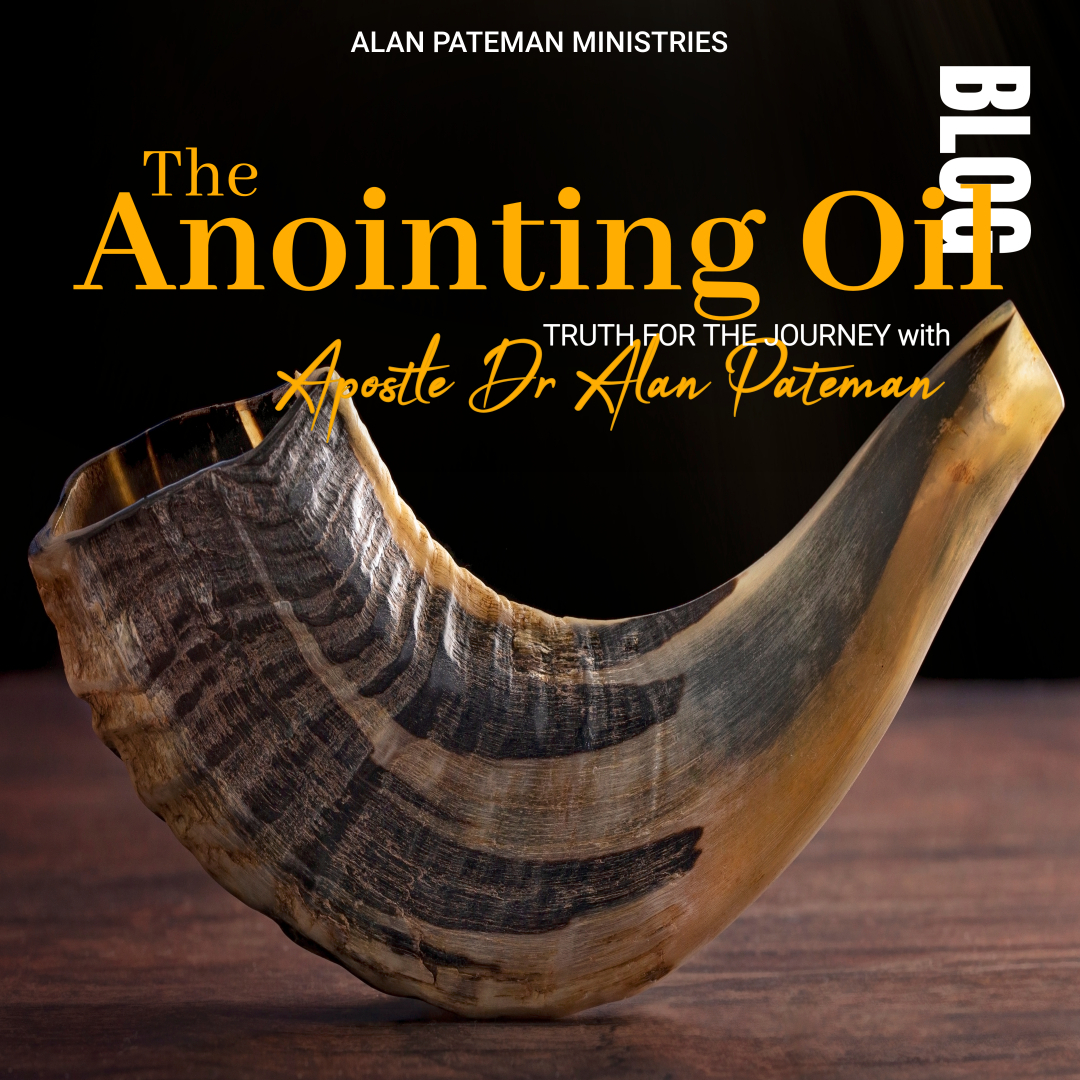
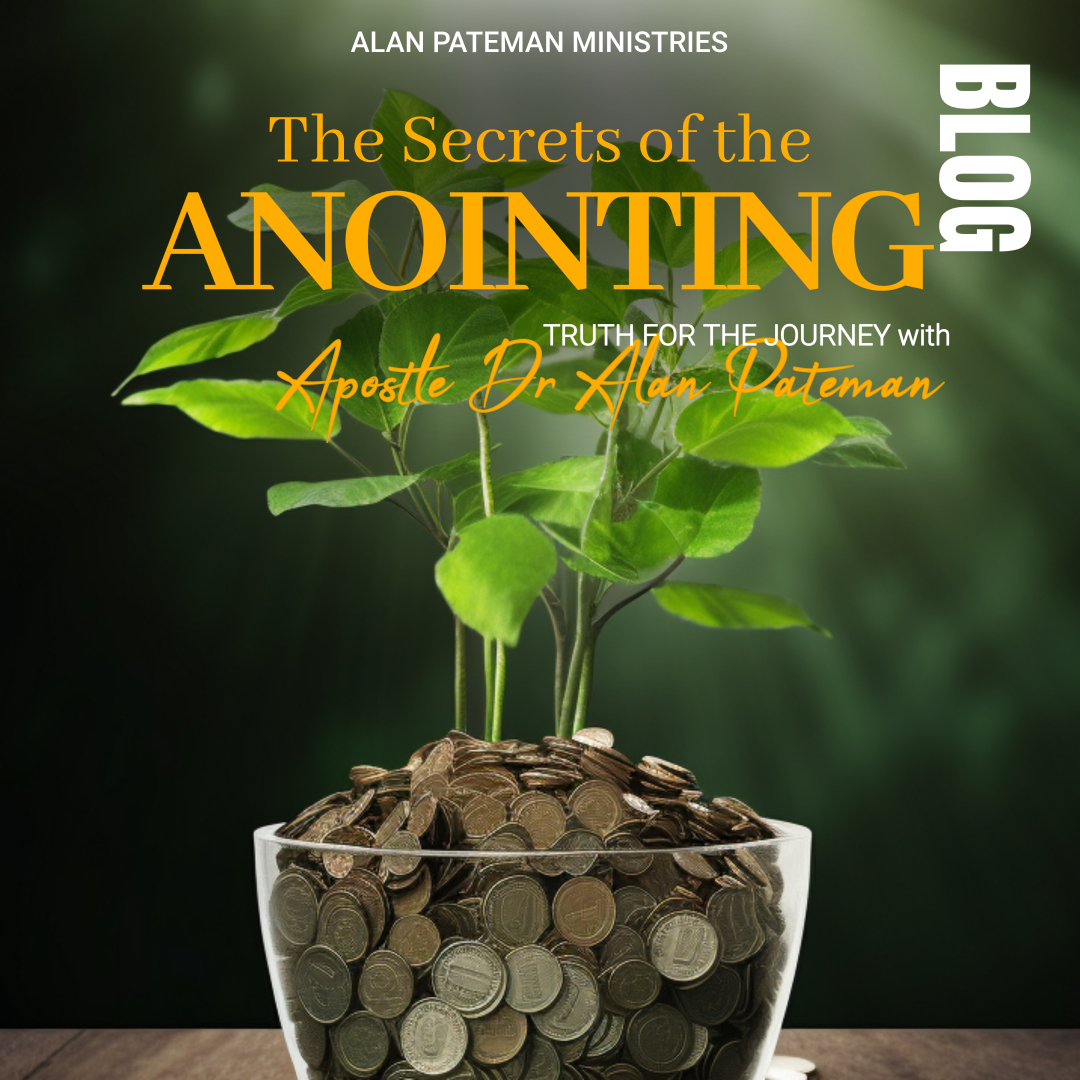
Leave a Reply